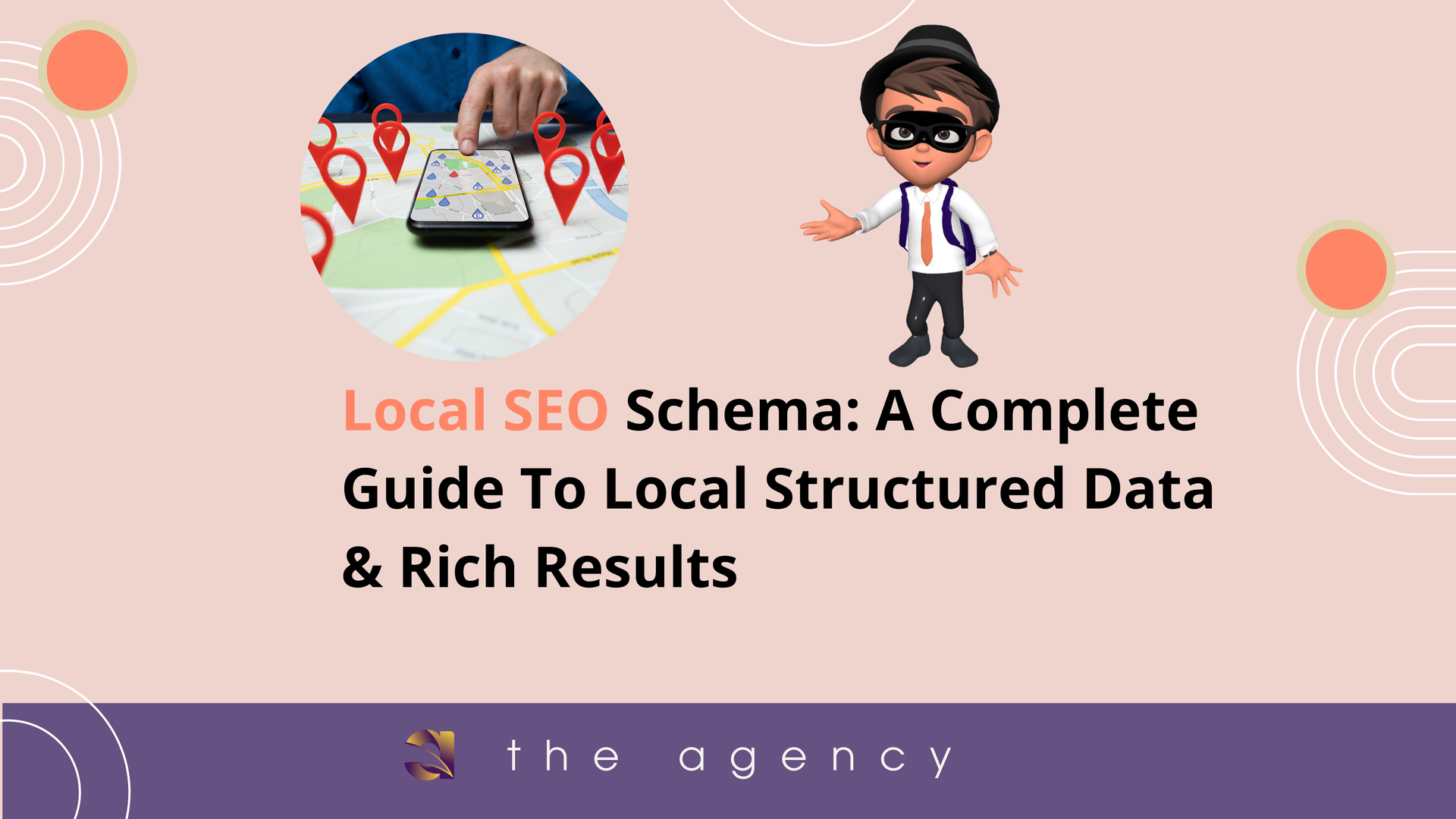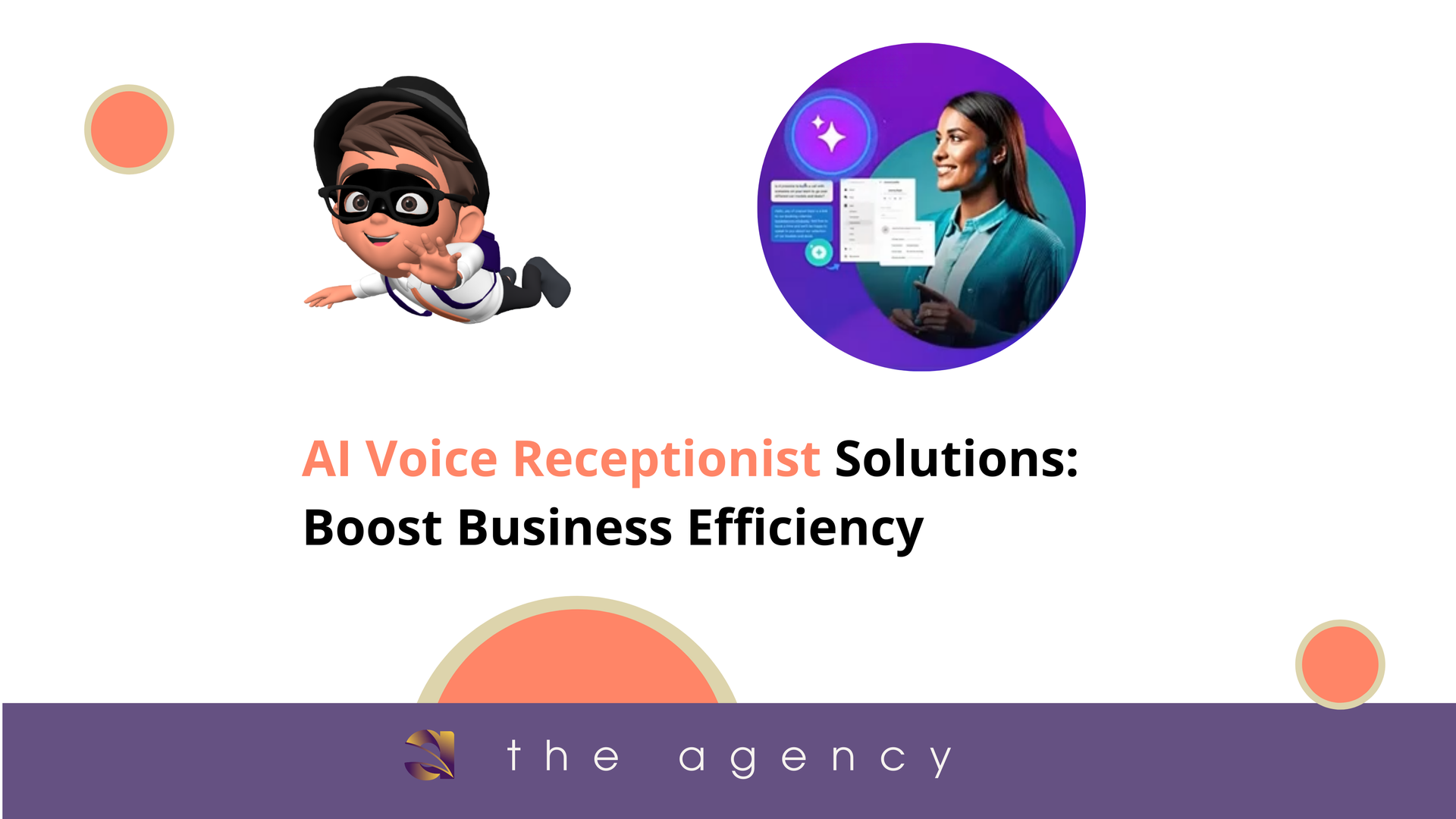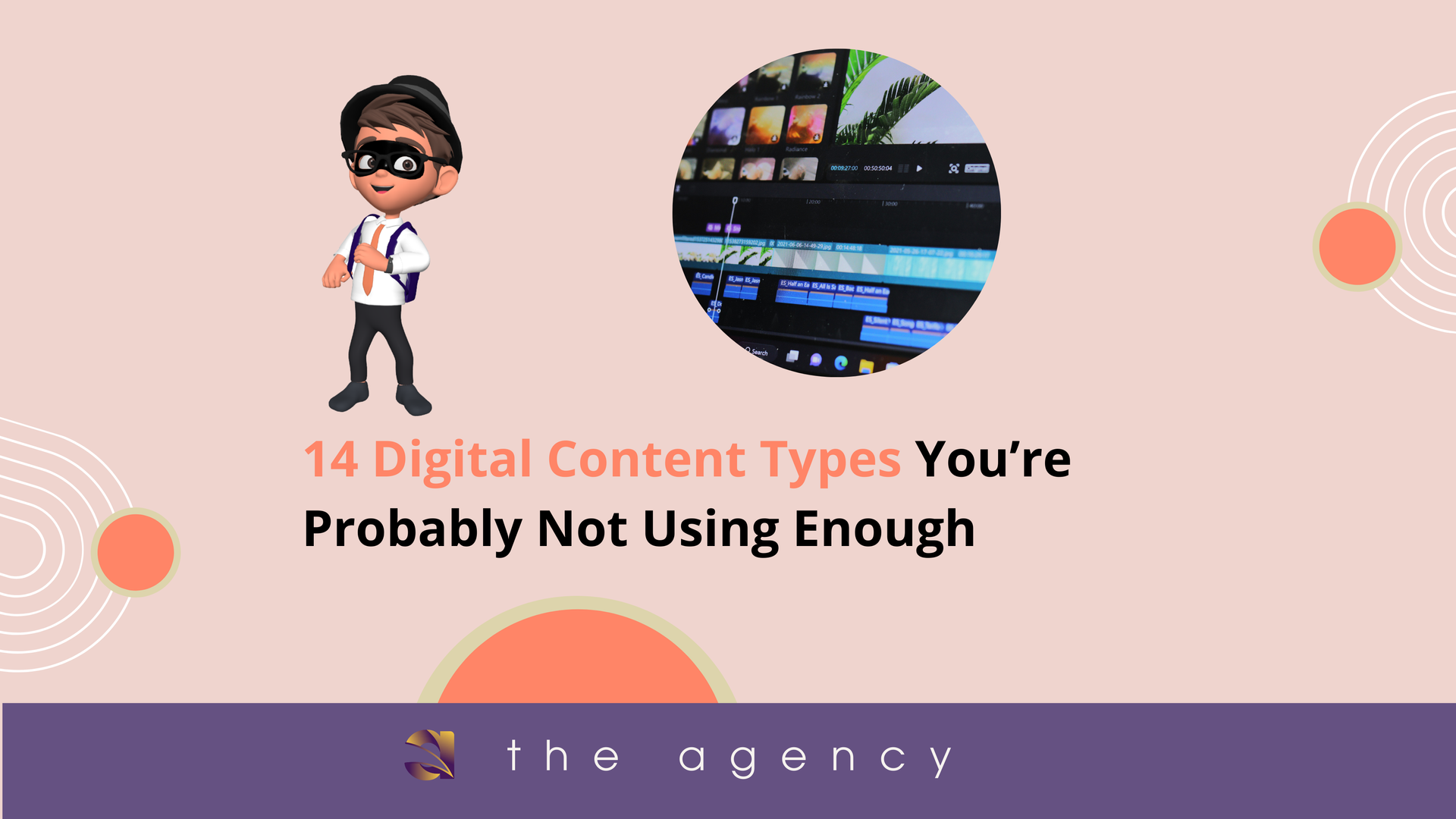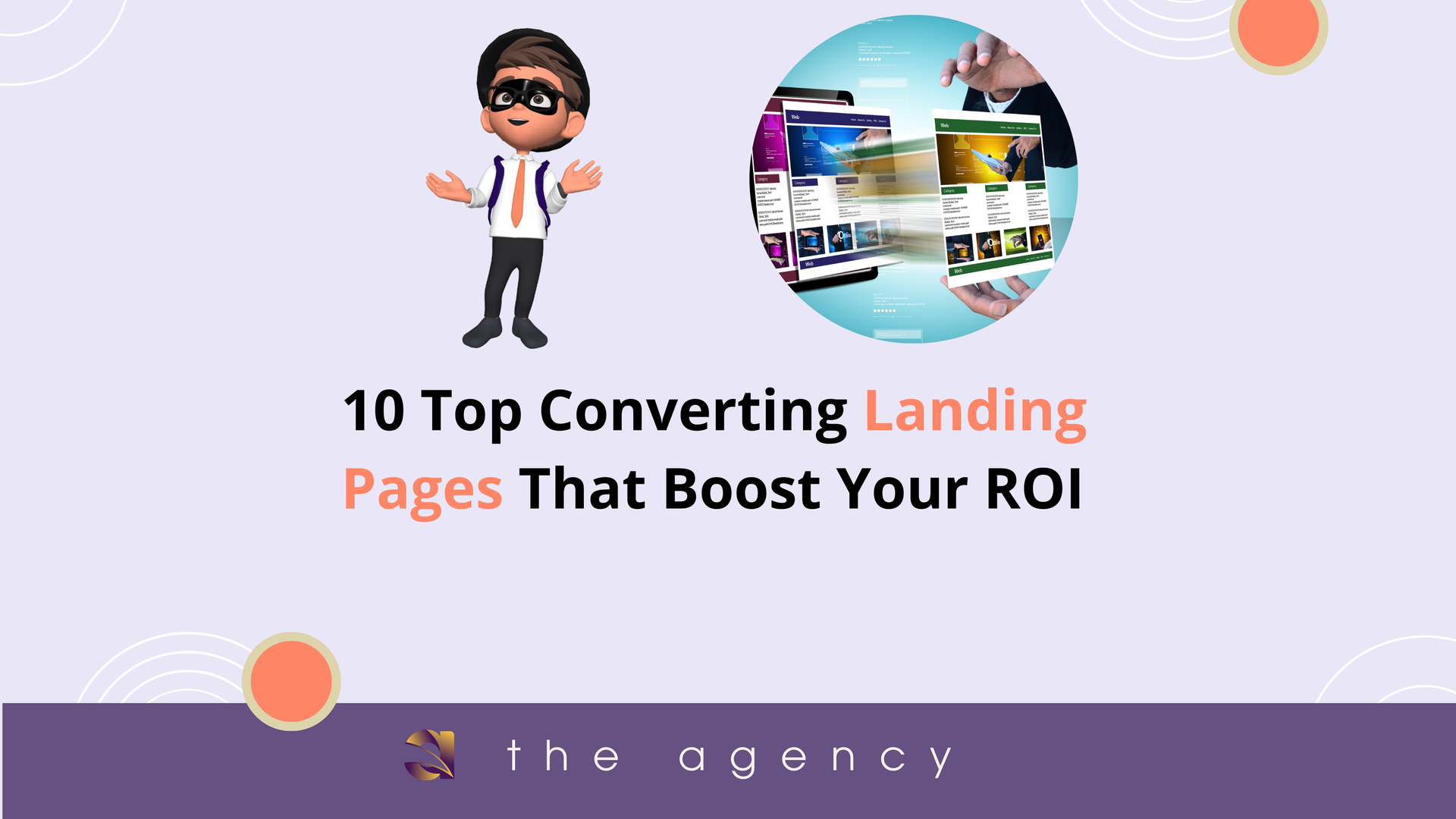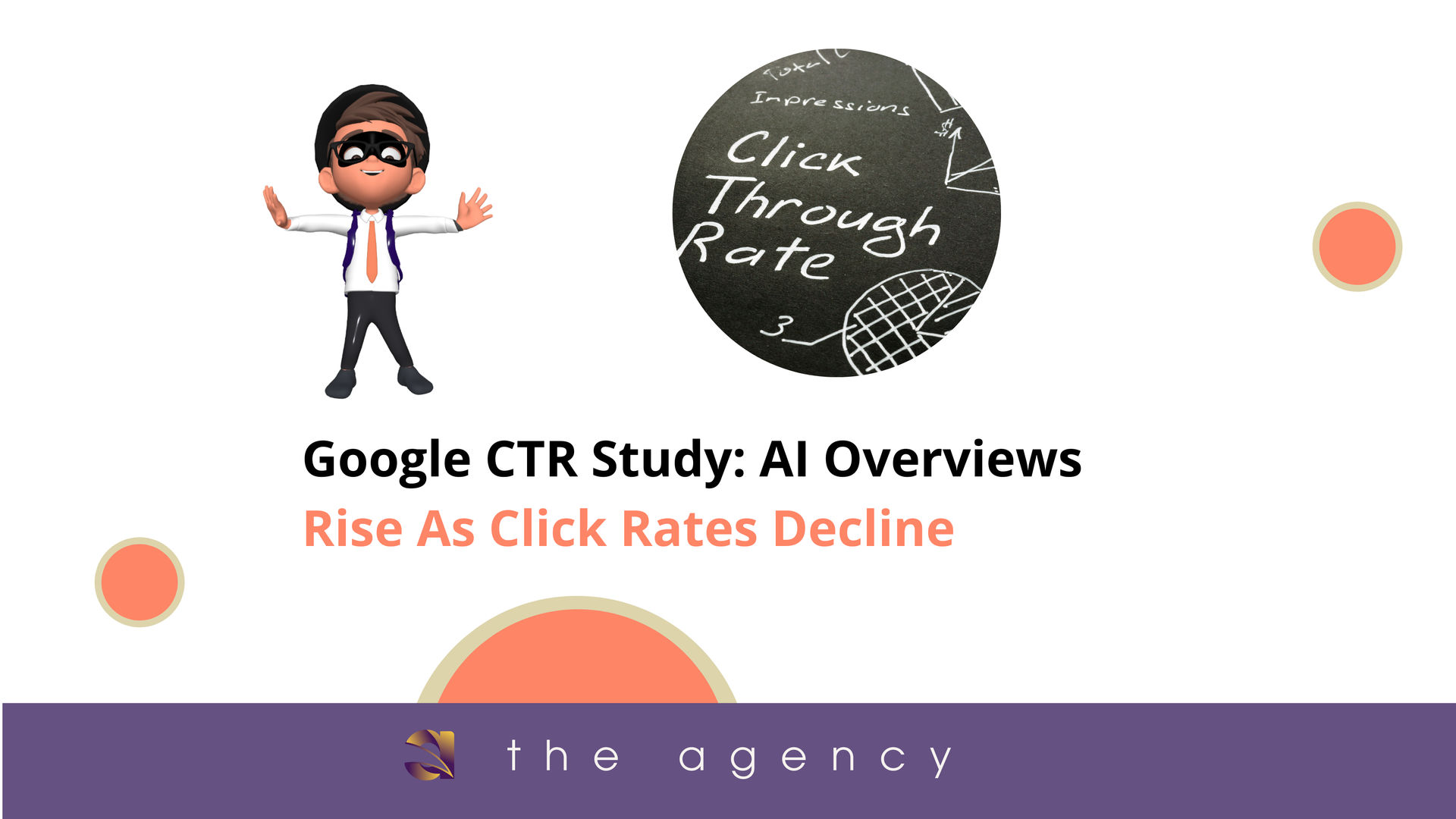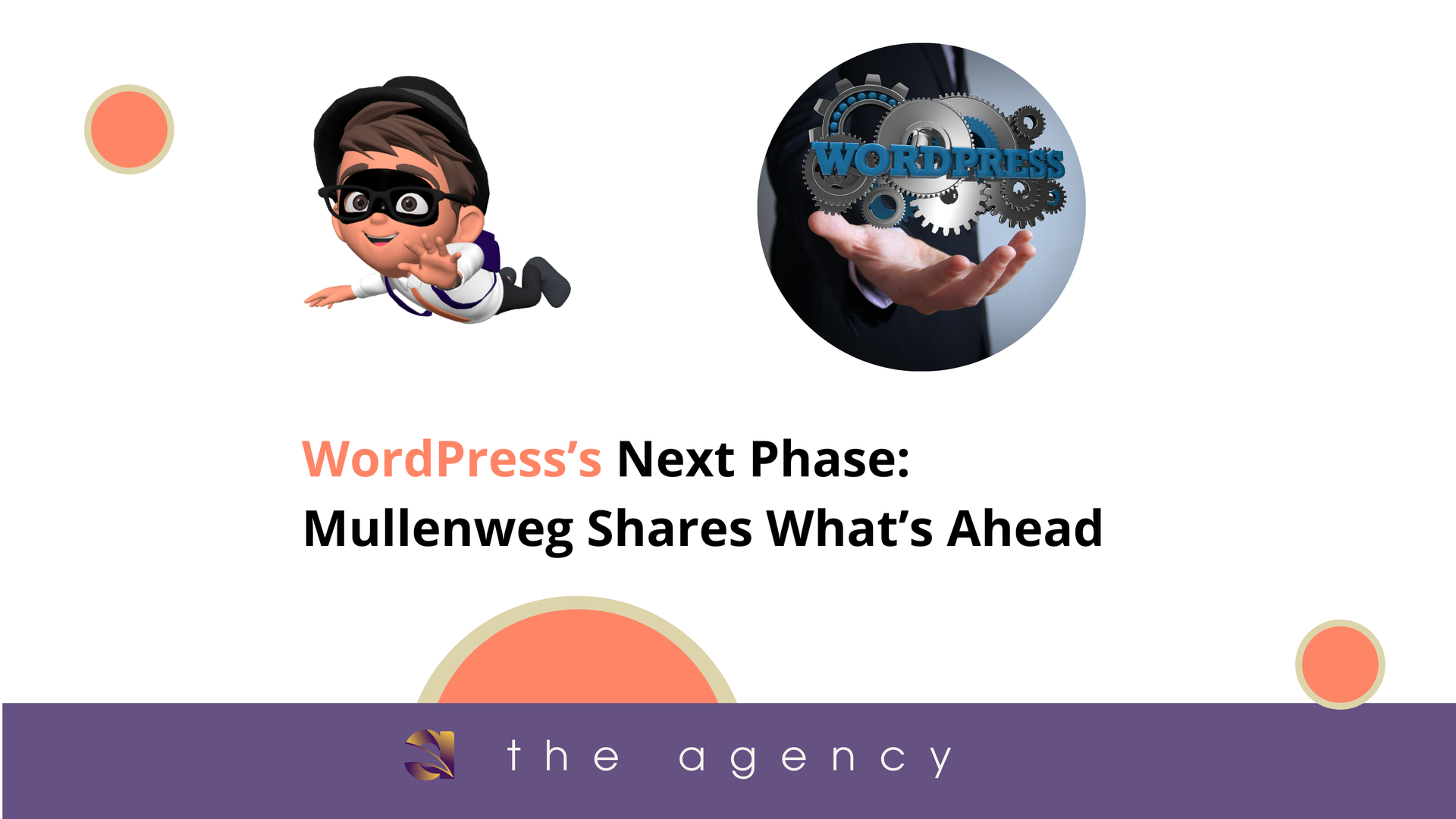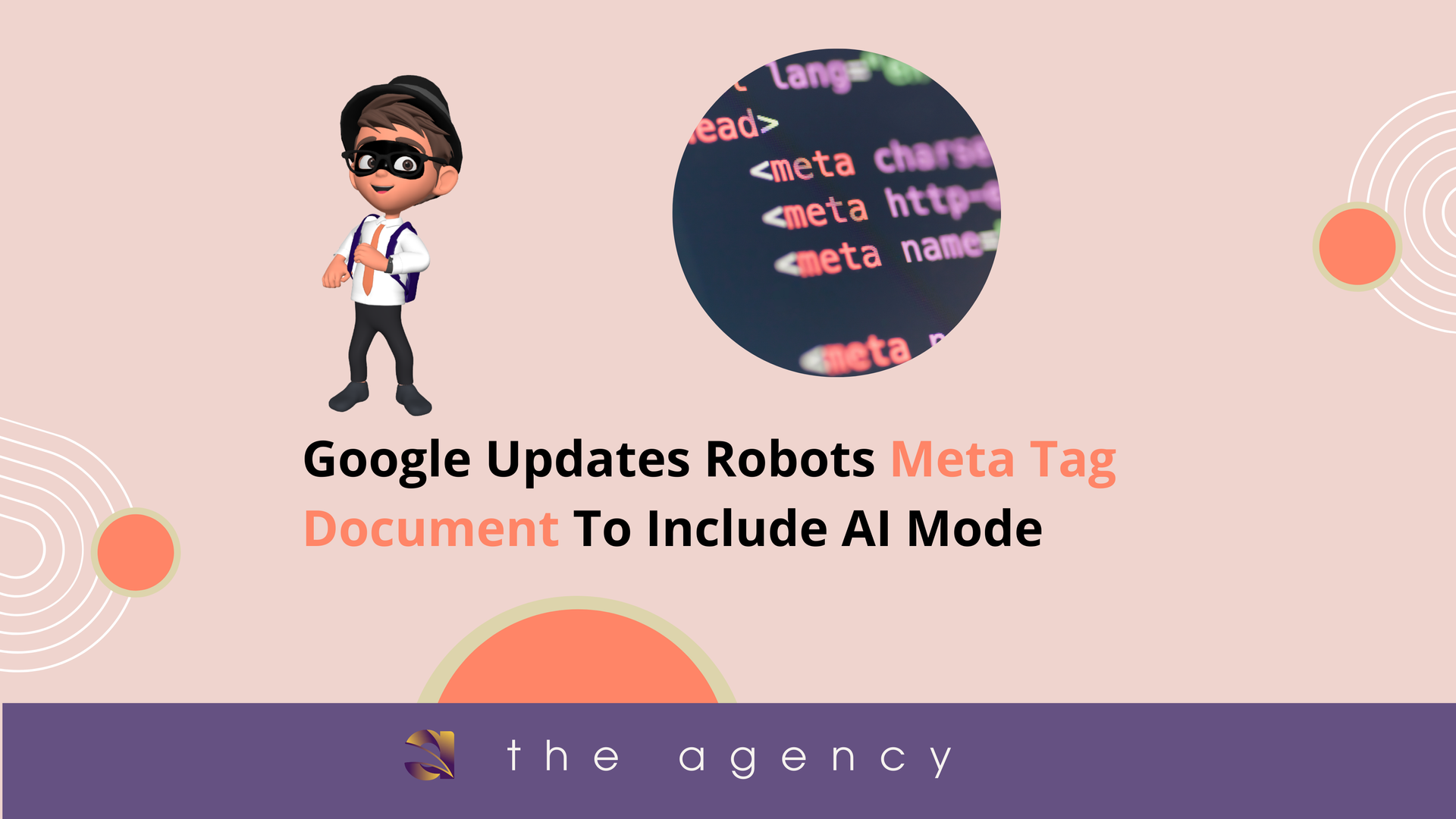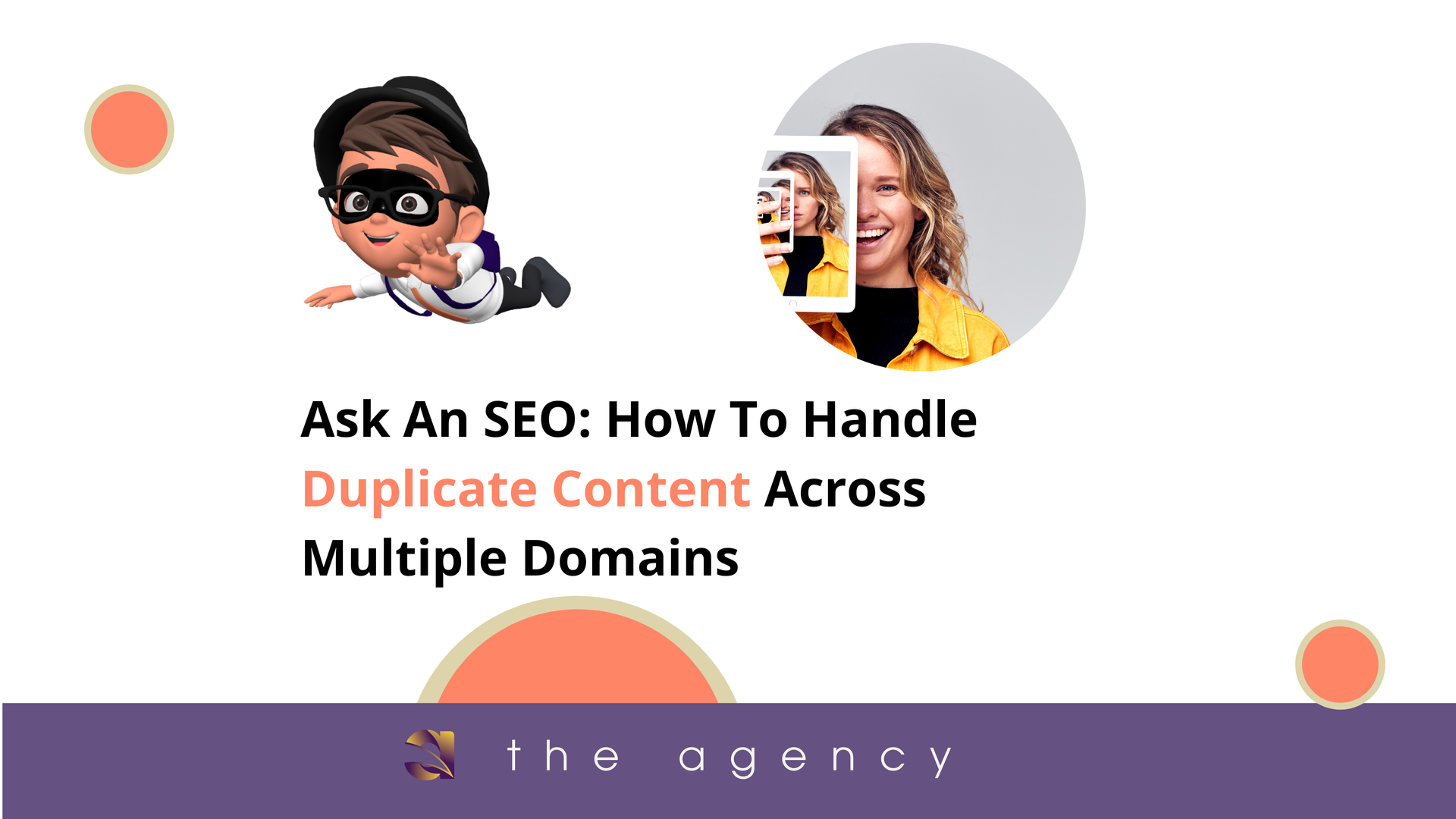Master Google Ads Per Click Cost: A Comprehensive Guide
Master Google Ads Per Click Cost: The Ultimate Guide

Key Highlights
- Google Ads works on a cost-per-click (CPC) system. You only pay when someone clicks your ad.
- Your CPC can change based on several things. These include how competitive your industry is, the match of your keywords, and how good your ad is.
- A high Quality Score can help you pay a lower CPC and show your ad in better spots.
- Using smart strategies like keyword research, scheduling ads, and targeting specific devices can really boost your CPC.
- It’s key to monitor important metrics and see how your campaign is performing. This will help you make the most of your investment.
In today’s online world, small business owners want attention. It's very important to know the cost of Google Ads. Digital advertising is key for good digital marketing plans. Google Ads is a top choice for advertising online. This blog will explain what Google Ads cost per click (CPC) means.
It will help you make smart choices and improve your campaigns for better results.
The Basics of Google Ads CPC

Cost-per-click (CPC) is an important part of Google Ads. It is the amount you pay every time someone clicks on your ad. This is different from other types of ads where you pay based on how many times they are shown. In Google Ads, you pay only for the clicks. Your CPC is decided by a process called an ad auction. This auction checks the ad rank of your ad to see where it will show up. When someone searches for something, Google looks at related ads. It uses the auction to figure out which ads to display and where to place them. Your CPC can change based on several factors. These factors include the amount you bid, the Quality Score of your ad, and how hard the keywords you select are.
Understanding CPC in the Context of Google Ads
Your Google Ads budget shows how much you want to spend. The cost per click (CPC) is key to getting the best use of your budget. By optimizing your CPC, you can get better clicks that fit your business goals. This will help you get a good return on investment (ROI). A key part of CPC is your landing page. This is the page people see after they click your ad. The quality and user experience of this page can really impact your Quality Score. A good landing page can boost your ad rank and lower your CPC. Ad rank decides where your ad shows up. It depends on how much you bid and your Quality Score. A higher ad rank usually means your ad will be in a better place. This can increase your visibility and bring more clicks while keeping your CPC low.
Key Components That Drive CPC
At the heart of CPC is your Quality Score. This score shows how well your ads and landing pages meet user needs according to Google. A higher Quality Score means Google believes your ad should be in a better spot, which can help you lower your CPC.
Your ad copy and ad extensions are very important. These are the words people read. Good, related, and interesting ad copy can pull in more clicks. This helps increase your click-through rate (CTR), which can boost your Quality Score and may lower your CPC.
It is also key to target the right searches in real-time. These are the words people use when they search. By bidding on keywords that match what your target audience is looking for, you can get better clicks. This can increase your CTR and might lower your CPC due to better relevance.
Factors Affecting Google Ads CPC in the United States

In the United States, several things can affect how much you pay for Google Ads CPC. The cost of the most expensive keywords is a big factor. Changes in some industries and shifts in what consumers want are also important. For example, legal services tend to be pricier because there is a lot of competition and a chance to attract valuable clients. Areas like real estate and finance are often competitive, so they usually have higher CPCs. A single sale in these fields can be worth a lot. This causes businesses to bid more, which raises the costs. It is important to understand these trends in industries and consumer habits when you set your bidding strategies.
Industry-Specific CPC Trends
Industry trends can really affect the average cost-per-click (CPC) in the US. For instance, fields like legal services, home goods, and real estate usually have higher CPCs. This is because they bring in customers who spend more over time and have a lot of competition. In contrast, industries with lower lifetime values for customers might see lower average CPCs. It's important to research and understand the average CPCs in your field. This way, you can better compare your campaigns.
Keep in mind that these numbers change often, so be sure to look up current information.
Impact of Quality Score on CPC
Your Quality Score affects how much you pay for each click. A higher Quality Score can lower your maximum bid. It can also improve where your ad shows up and how many people see it. A big part of getting a good Quality Score is having a great landing page experience. This means your visitors should find what they expect when they click on your ad.
This shows Google that your ad and website are useful and related. Ad relevance is important too. Your ad copy and keywords should match what users are searching for and what is on your landing page. The more relevant your ad is, the better your Quality Score will be. A better score can help lower your cost per click.
Role of Ad Relevance and Landing Page Experience
Ad relevance and a good landing page experience are very important. They can help you get a better CPC and improve your Google Ads performance. A good landing page affects your Quality Score, which influences Google Ads pricing.
For instance, if you search for 'running shoes' but click on an ad that takes you to a page selling hiking boots, it doesn't make sense. When your ad copy, keywords, and landing page content match what people want, you make their experience better. Google sees this and often gives you a higher Quality Score, which can lower your CPC.
On the other hand, ads that don't match or a poorly designed landing page can lower your Quality Score. This may result in higher CPCs and a less effective campaign. So, it is really important to keep your ad and landing page aligned. This way, users will have a good experience that meets their needs.
Strategies to Optimize Your CPC
*These numbers are constantly fluctuating so do your research to get real time information
Impact of Quality Score on CPC
Your Quality Score affects how much you pay for each click. A higher Quality Score can lower your cost per click and improve where your ad appears and how visible it is.
A big part of getting a good Quality Score is having a positive landing page experience. This means that visitors should find what they expect when they click on your ad. This signals to Google that your ad and website are relevant and helpful.
Ad relevance is also important. Your ad copy and keywords should match what the user is searching for and the content on your landing page. The more relevant your ad is, the better your Quality Score will be, which can lower your cost per click.
Role of Ad Relevance and Landing Page Experience
Ad relevance and a smooth landing page experience are very important for improving your CPC and ad performance. They have a direct effect on your Quality Score, which affects Google Ads pricing. Think about searching for 'running shoes.' If you click an ad and go to a page selling hiking boots, how relevant is that?
When your ad copy, keywords, and landing page content match what the user is searching for, you create a great experience. Google sees this and often gives you a higher Quality Score, which can help lower your CPC.
On the other hand, ads that are not relevant or landing pages that are poorly designed can hurt your Quality Score. This can result in higher CPCs and a less effective campaign. It’s important to keep your ad and landing page aligned so there is a smooth transition that meets the user’s needs.
Strategies to Optimize Your CPC

Optimizing your CPC is a continuous job. You have to keep focusing on it. This means you should try different strategies that fit your campaigns.
Good keyword research is very important. It allows you to find the right words that potential customers may use. Also, using ad scheduling can help you take advantage of peak times when more people are online.
Device targeting is another useful tool. It helps you connect with your best audience. This way, your ads reach people who are more likely to engage. By using these strategies well, you can improve your CPC and make your campaigns more effective.
Importance of Keyword Research
Effective keyword research is important for lowering your CPC. When you choose the right keywords, your ads can reach the right people on the big Google Search Network. This helps you reduce wasted clicks and only pay for clicks from users who truly care.
It might seem appealing to go for popular keywords, but they can be expensive. A better approach is to mix detailed long-tail keywords, like “best running shoes for marathon training,” with broader terms.
Here are some best practices for keyword research:
- Use Keyword Planner: Use Google's Keyword Planner tool. It helps you find important keywords and shows how competitive they are.
- Look at Competitor Keywords: Check the keywords your competitors are using. This can help you find new opportunities.
- Watch Search Terms: Regularly look at the exact terms people use to find your ads. Add the relevant terms to your list and remove the ones that don't fit.
Utilizing Ad Scheduling for Optimal CPC
Implementing ad scheduling can help you use your daily budget more wisely. When you look closely at your campaign data, you can find the best days and times when your target audience is online. If you schedule your ads for these busy times, you are likely to get more clicks from people who really want to know about your products. This way, you can make the most of your budget.
Ad scheduling matches your ads with how people act online. This means your ads will show up when customers are actively searching for products or services in the search results. This smart plan helps keep your daily budget from running low during the less busy times. Ad scheduling lets you reach the right groups of people at the best times.
This can give you a better return on ad spend and lower your overall cost per click (CPC).
Leveraging Device Targeting to Lower Costs
With more people using mobile devices, focusing on device targeting is important. This practice can help you lower costs for your ad budget and improve your cost per click (CPC). It’s essential to know how your target audience uses the internet. By understanding this, you can change your ad campaigns to get better results.
Check your campaign data for patterns in device use. You might see that many conversions come from mobile devices. If that happens, consider spending more of your budget on mobile targeting. This can help you take advantage of this trend. If parts of your target audience mostly use desktops, change your bids and targeting for them accordingly.
Device targeting allows you to concentrate on the devices where your ads work best. This method keeps you from wasting money on devices that don’t get many interactions or conversions. Overall, this strategy helps you reach the right people. This leads to more qualified clicks and lower costs.
Bidding Strategies for Better CPC Management
Optimizing your Google Ads campaigns is important. It depends a lot on picking the right bidding strategies. There are two main types: manual bidding and automated bidding. Each one gives you a different amount of control and can help you meet specific campaign goals.
Manual bidding allows more control for experienced advertisers. You can set bids for each keyword yourself. This method needs a solid understanding of keyword research, market trends, and constant monitoring. In contrast, automated bidding works with Google's algorithms. These algorithms automatically adjust your bids based on your campaign goals. This method requires less personal effort.
Exploring Manual vs. Automated Bidding
Understanding manual and automated bidding is important for managing CPC effectively.
- Manual bidding gives you control over your bids.
- You choose the maximum amount you are willing to pay for each click on keywords in your ad group.
- This way, you can use your budget wisely and make changes based on how well your ads are performing.
- Automated bidding makes things easier.
- This method uses Google's algorithms to set bids.
- It aims to meet your campaign goals, like getting more clicks or conversions.
- Although it requires less attention, automated bidding takes away some of your control.
When choosing between manual and automated bidding, several factors impact your decision.
- These include your experience, the complexity of your campaign, and your goals.
- Manual bidding is better for those who want more control and know their target audience well.
- Automated bidding works well for advertisers who prefer a hands-off approach or those running larger campaigns.
How Enhanced CPC (ECPC) Can Work for You
Using Enhanced CPC (ECPC) helps you get more conversions while sticking to your budget. Google makes automatic changes to your bids. It does this by looking at how likely a click is to result in a conversion. This way, your ad campaign becomes stronger. With ECPC, you can spend less and still get more conversions, which means a better return on investment (ROI). ECPC also keeps up with changes in the market and what users are doing. This makes sure your ads stay competitive and useful.
Measuring and Analyzing Your CPC Performance

Monitoring your CPC performance is essential to improving your strategy and getting a good return on investment (ROI). Tools like Google Analytics provide useful information about key numbers. They show you how well your campaigns are doing and suggest ways to improve them.
By checking your CPC often, you can spot patterns and identify areas for improvement. This habit means you use your budget wisely. Knowing these numbers helps you make smart choices. You can change your bids and adjust your campaigns for ongoing improvement.
Key Metrics to Monitor for CPC Optimization
When you want the best results from your CPC, you need to focus on important numbers. Google Analytics gives you a lot of information. This information shows how well your campaign is doing. A main number to watch is your conversion rate. This tells you the percentage of clicks that result in actions you want, like a purchase or a sign-up. If your conversion rate is low, it could mean that your landing page does not match what your ad promises, or you might be reaching the wrong audience. Other key numbers to keep an eye on include:
- Quality Score: This is a number that platforms like Google Ads use to check how relevant your ad is. It looks at keywords, the quality of your landing page, and click-through rate (CTR). A higher Quality Score can help you pay less per click (CPC).
- Competition: This shows how many advertisers are bidding on the same keywords. More competition usually leads to higher CPCs.
- Bidding Strategy: This is the maximum amount you are willing to pay for each click. It affects your ad placement and might change your CPC.
- Keyword Relevance: This measures how well your keywords fit with the content of your ad and landing page.
- Landing Page Quality: This checks how good the user experience is on the page people visit after clicking your ad.
- Audience Targeting: This focuses on the specific groups of people and interests you want to reach with your ads.
- Ad Format and Design: This is about how attractive and well-organized your ad is. A good design can lead to better click-through rates.
- Location Targeting: This relates to where your ads appear. CPC can differ based on location.
- Seasonal Trends: The cost per click can change depending on the time of year and key events.
Tools and Techniques for CPC Analysis
To do a good CPC analysis, you need the right tools and methods. Using data insights with smart changes can help you get better results for your campaign costs. Google Analytics is key for gathering data. It helps you see how your campaign is doing. You can look at important details like click-through rates, conversion rates, and costs per acquisition. There are also some techniques that can improve your CPC analysis.
- A/B Testing: Try different ads, headlines, and calls to action. This can help you find which ones work best and lower costs per click (CPC).
- Competitor Analysis: Keep a close eye on your competitors. Check their ad copy, keywords, and landing pages often.
- Conversion Tracking: Set up conversion tracking. This will tell you which clicks lead to important actions. This way, you can connect your return on investment (ROI) to specific campaigns or keywords.
Real-World Applications and Success Stories
Seeing how well CPC strategies perform in real life shows their real impact. Success stories and case studies give clear examples.
Businesses from various sectors have seen great results. They did this by using the methods we discussed earlier. These examples show how they lowered CPC costs and raised conversion rates. You can find helpful tips and ideas for your Google Ads campaigns from these stories.
Case Studies: Effective CPC Reduction Tactics
Case studies show how real companies use smart tricks to lower their cost per click (CPC). For instance, a software company wanted to cut down on their acquisition cost. They tried several methods. They changed negative keywords, tested new ad text, and made their landing page better by observing user behavior.
By getting rid of unrelated keywords, they reduced wasted clicks. This led to a large drop in their CPC. Their A/B testing allowed them to discover ad text that resonated well with their target audience. This raised their click-through rate (CTR) and quality score.
These improvements and a new, easy-to-use landing page helped them lower their overall CPC by 25% in just three months. This case study shows how using data can effectively improve CPC.
Testimonials: Achieving Business Growth with Optimized CPC
Testimonials from different businesses show that using optimized CPC can help them grow. A local bakery talked about their work with a PPC agency. They used location-based targeting and ad scheduling to reach nearby customers during peak times. By focusing on people close to the bakery and running ads in the morning and afternoon, they got more visits from customers wanting fresh baked goods. This resulted in a big increase in foot traffic and online orders, raising their monthly earnings by 30%. This example shows how a solid CPC strategy can truly help a business grow. It highlights the importance of matching your ad campaigns with what customers want at the right time.
In summary, knowing Google Ads Cost Per Click (CPC) is important for making smart choices about your advertising budget. You should explore key factors that affect CPC, like quality score and ad relevance, to plan better. Using strategies like keyword research and targeting different devices can help lower costs while improving ROI. It is essential to track important numbers and use analysis tools, like checking your Google Ads performance and working with a PPC agency, to keep improving your strategies. Success stories in real life show how good CPC management can boost business growth. Stay informed, change your bidding strategies if needed, and check your performance to achieve your advertising goals. Start enhancing your CPC today for better results and savings in your campaigns.
Frequently Asked Questions
What Is a Good Cost Per Click Rate in the US?
The good news is that there isn’t only one answer that fits everyone. The average cost per click can change a lot. This depends on trends and the level of competition in various industries. For instance, in competitive industries like real estate, the average cost per click is often higher.
How Often Should I Adjust My CPC Bids?
It is important to check how your ads are doing. You should change your bids based on what you spend daily, the ad auction process, and current trends. Some search campaigns might need daily changes. Others may only need updates once a week.
Can Lowering My CPC Affect Ad Placement?
Your bid affects where your ad shows up. But it is not the only factor that matters. The search engine also looks at ad rank and the highest ad rank.
Ad rank is based on your bid and Quality Score. Quality Score checks how relevant your ad is and how good your landing page experience is.
How Does Google Ads Determine CPC?
Your maximum CPC is set in real-time during something called the Google Ads auction. This auction looks at several things. It checks your highest CPC bid, the search query, the quality of your ad, and the bids from other competitors.
Is There a Minimum Spend Required for Google Ads?
You do not have to spend a fixed amount to make a Google Ads account.
You can decide how much money you want to spend. Instead of a monthly spending limit, you will pick an average daily budget. This helps you manage your monthly costs and control how much you spend on your Google Ads campaign.
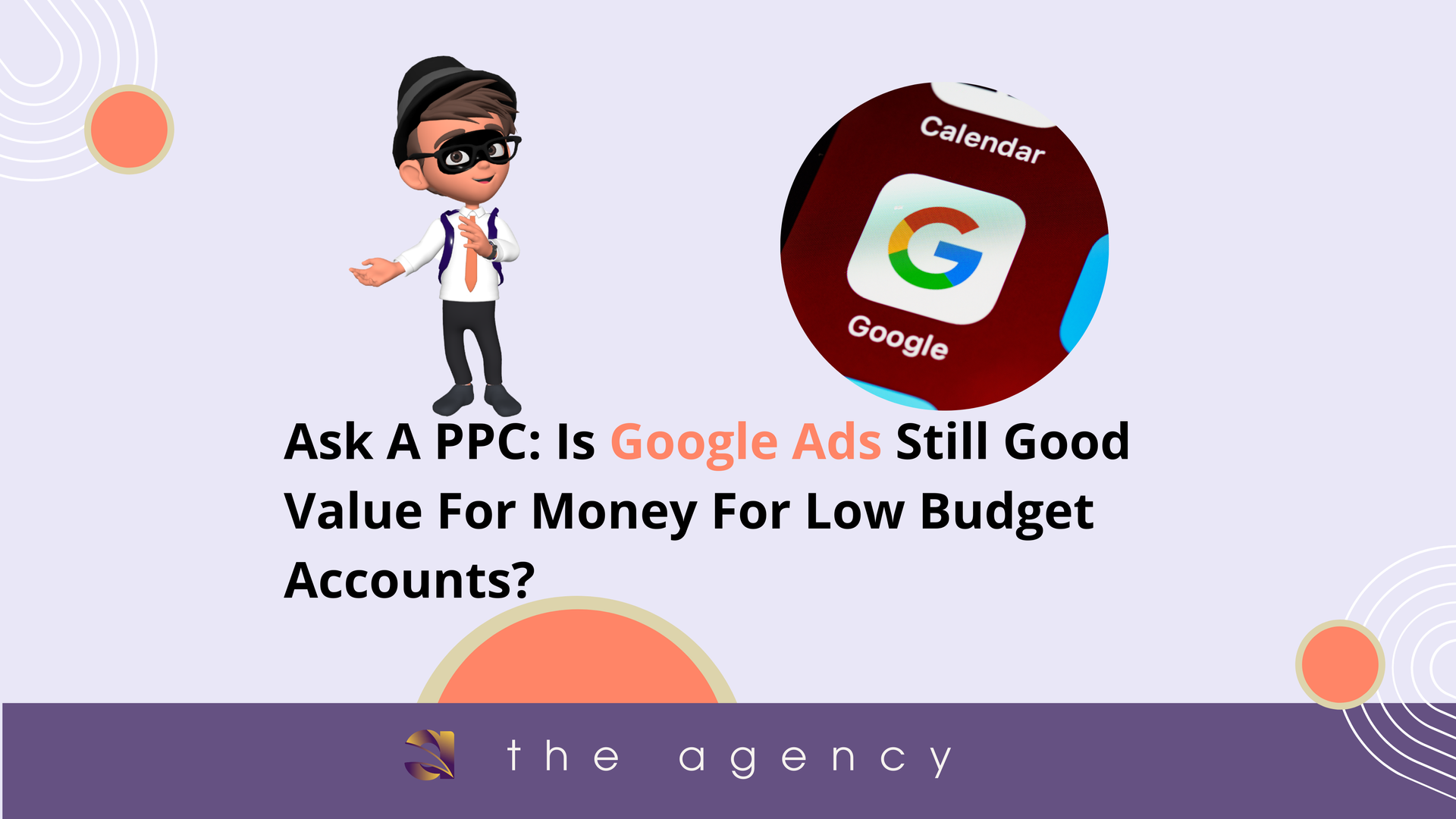
Ask A PPC: Is Google Ads Still Good Value For Money For Low Budget Accounts? via @sejournal, @navahf
